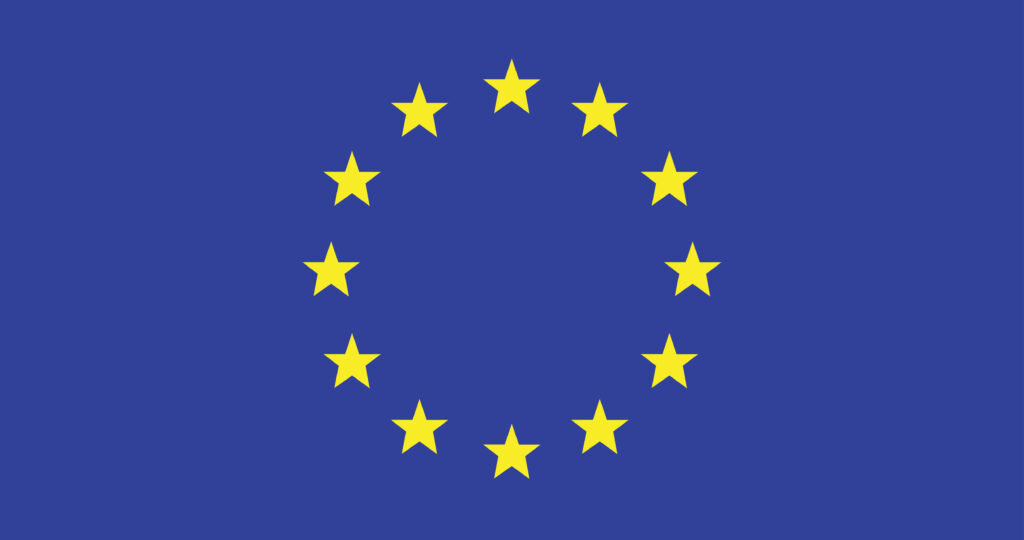Introduction
Following its attainment of EU candidate status in December 2023, Georgia’s real estate market stands poised for further transformation. The implications for the Georgia property market are intriguing. In this article, drawing inspiration from the experiences of countries that joined the EU since 2003, I explore the potential impact on Georgia’s real estate investment climate. I aim to explore how this development could shape the future of Georgia’s real estate landscape.

Foreign Direct Investment (FDI) and Market Expansion
One of the significant impacts observed in countries joining the EU is the influx of foreign direct investment (FDI). Bulgaria and Romania, for example, experienced a surge in FDI after joining the EU in 2007. Investors, attracted by the prospects of a stable economic environment and increased market access, contributed to the expansion of real estate markets in these countries. In Georgia’s case, EU candidacy will stimulate similar interest from international investors, potentially driving demand for both commercial and residential properties.
As seen in Bulgaria, which received substantial FDI particularly in its tourism sector, Georgia’s real estate market is set to experience growth tied to sectors such as hospitality and tourism. Investors will inevitably focus on developing hotels, resorts, and other accommodation facilities to cater to an anticipated increase in tourist inflow, further impacting the real estate landscape.
As discussed in our previous article exploring the real estate market in Georgia , there are currently, 818km of highways under construction in Georgia, including 71 bridges and 47 tunnels, a total spend of 17 billion GEL (USD $6 billion) on road infrastructure by 2030. Significant investment is planned in regional airports that will significantly increase Georgia’s connectivity to Europe.
Economic Growth and Urban Development
Countries joining the EU often witness accelerated economic growth and urban development. Poland and Hungary, which became EU members in 2004, provide notable examples. The increased economic activity in these countries fueled urban development projects and infrastructure improvements. Georgia’s EU candidacy is expected to catalyze economic growth, leading to increased demand for residential and commercial spaces in urban centers.
Reflecting on the experiences of Warsaw and Budapest, where modern infrastructure, office spaces, and residential complexes evolved post-EU accession, I envision a similar trajectory for Tbilisi, Georgia’s capital. Urban development projects will redefine the cityscape as Georgia progresses in its EU integration journey.
Regulatory Convergence and Enhancements
EU accession typically requires aligning with EU regulations and standards. This alignment may lead to changes in property laws, construction standards, and environmental regulations. Regulatory convergence in Georgia’s real estate sector will yield positive outcomes.
As someone involved in real estate, I anticipate improvements in transparency, increased investor confidence, and a more professionalized industry. The alignment with international standards will make Georgia a more attractive destination for both individual and institutional investors seeking stability and attractive RoI.
Tourism and Hospitality Sector Boost
EU membership often brings about a surge in tourism. Croatia, which joined the EU in 2013, serves as an illustrative example. Croatia experienced a significant increase in tourism, contributing to the growth of its property sector, particularly in areas frequented by tourists.
Considering Georgia’s potential EU candidacy, a tourism boost is on the horizon. This anticipated increase in tourism may drive demand for short-term rental properties, hotels, and various accommodation options. Regions with historical significance or natural attractions will have a pronounced impact on the local real estate market.

Potential Challenges and Lessons Learned
Recognizing potential challenges is integral to strategic planning. My experiences in the real estate sector have highlighted the importance of managing rapid growth effectively. Instances of property bubbles, as seen in some EU member states, emphasize the need for prudent regulatory measures.
As Georgia progresses, careful management of the real estate market will be paramount to avoid pitfalls. Implementing robust regulatory measures and staying attuned to market dynamics will ensure sustainable and balanced development.
Conclusion
As ExpatHub’s Head of Real Estate, I am intrigued by the potential ramifications of EU candidacy for Georgia on the real estate market. The lessons learned from other EU entrants underscore the need for strategic planning, regulatory vigilance, and a balanced approach to growth. Georgia has a unique opportunity to leverage its EU candidacy to attract international investment, foster economic development, and enhance the professionalism of its real estate industry.
Georgia’s EU candidate status represents a critical juncture in its journey toward deeper integration with the EU. Drawing insights from the experiences of countries that joined the EU since 2003, the Georgia real estate market stands poised for potential transformation. The interplay of FDI, economic growth, regulatory enhancements, and tourism could reshape the real estate market in the coming years.
